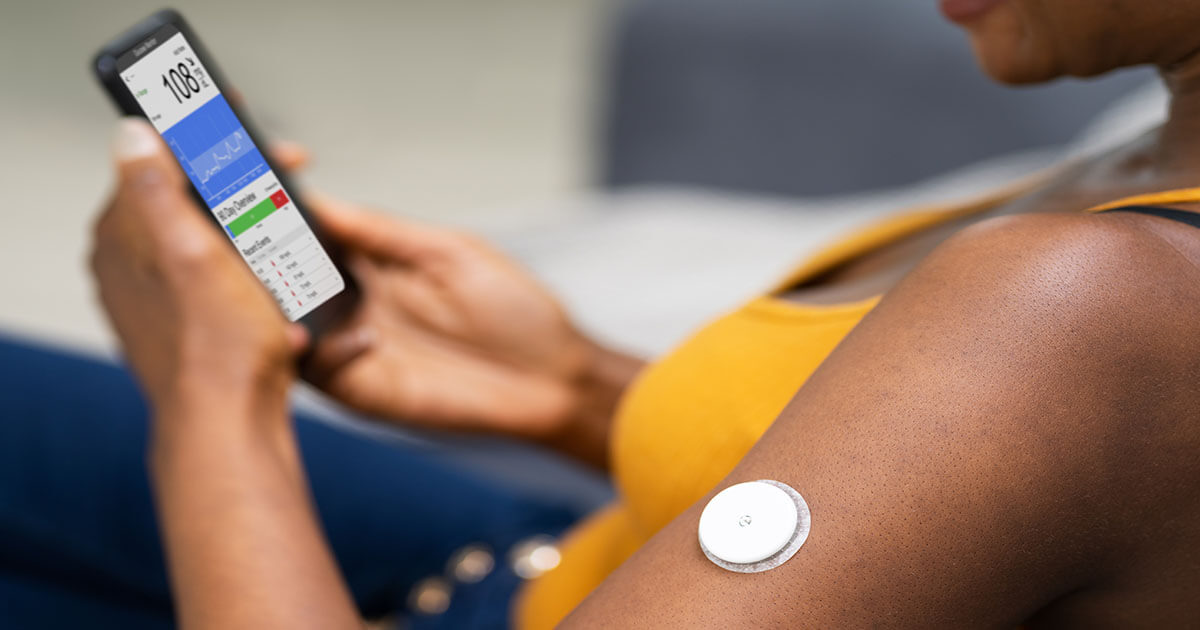Since the last article was published, the project has grown from strength to strength, with one particular success being our most recent laptop loan scheme during the COVID-19 pandemic. As the T1KZ project moved online to cope with the pandemic, we found that some families did not have the technology required to engage with the service, or to effectively communicate with their clinical teams as they were not able to upload their blood glucose data or access information online. As a result, we applied for and were granted some emergency funding that enabled us to purchase 21 laptops, which were given to families for an initial 6-month period.
This has been extremely successful, and an initial evaluation has shown that all of the families who received a laptop said they were able to manage their diabetes better because of this. As well as being able to use the laptops to improve their overall wellbeing, most families said they used them for school work, communicating with others and, in one case, to order online shopping and access healthy, fresh food. A nurse from one clinical team said:
“Thank you so much for the support you have given to us as a clinical team and our families who have accessed a loan laptop through Type 1 Kidz. The laptops have provided families with computer facilities which they otherwise have not been able to afford and these laptops have helped children with type 1 diabetes to manage their condition more effectively by using the laptop to download their insulin pumps and meters and learn how to self-manage more effectively.
“They have also been of huge benefit to us as specialist nurses as we are now able to support these children more effectively by being able to access their blood glucose data easily and remotely, which is essential during the COVID outbreak when we are limited in how much face-to-face contact we can have. A number of families have told me their child also uses the laptop to do school work and to keep in touch with their friends, which is hugely important when they are isolated due to national restrictions.”
Using IiC’s approach ensures that T1KZ can address and respond to issues that really matter to CYP, and this is one reason why the project has been successful in engaging with such a wide cohort of patients. Across the five geographical areas in which T1KZ supports families, we have engaged with an average of 32% of the clinical population, with some areas seeing engagement rates as high as 54%.
The project has been particularly successful in engaging older CYP, and the overall percentage of young people over the age of 13 makes up 40% of the overall CYP who have engaged. We have found that using this approach has offered young people opportunities not only to manage their own diabetes better but also to excel in their life experiences and become confident individuals. An evaluation carried out in 2020 found that 91% of service users said that they had improved their self-care, 93% felt more confident and 98% felt more positive about the future after attending a group session.
Below are case studies from two young people who have been involved in the project.
Case 1: Sam, aged 24
Not long after my diagnosis of type 1 diabetes when I was 15, in 2011 I found T1KZ. I attended meetings, workshops, events and activities, and after some time being involved with T1KZ I became a Young Facilitator, Peer Mentor and now Assistant Project Worker. In the summer of 2018, I graduated university with a first-class Honours degree in Sport and Exercise Physiology. After graduation, I started working as a Physical Education teacher. Moving on from teaching, I gained employment as a Community Officer, which is my current post.
I love my job as a Community Officer and I believe this is my stepping stone for pursuing a career in the Police or Fire Service. I’m no expert on type 1 diabetes; however, for me to help CYP by providing support or even just listening to their struggles and being able to truly understand, having gone through similar experiences myself, makes me feel amazing. I try to inspire other people with diabetes to never let this condition hold us back from anything and to reassure parents that their child’s diabetes will only hold them back if they let it. People with diabetes can achieve anything they set their mind to, and I’m a living example of this.
Case 2: Ben, aged 16
I have been involved with T1KZ for several years now and it has helped me in many ways. Not only has it helped me by allowing me to talk with other young people with type 1 diabetes like me whilst doing fun activities such as baking, sports and other games, but it has also helped me develop skills such as making presentations to talk in front of people. In the past I have been able to talk to GPs, parents and other large groups of people, and I have helped to make a presentation and presented to the CEO of The Key to provide T1KZ with funding so that we can have an online Christmas party this year [2020].
T1KZ has helped me to talk to other young people with type 1 diabetes, which I would not normally be able to do in clinic or other places. We can do this in lots of different ways, such as games like dodgeball and residential trips. Recently we have been doing some online activities such as baking, quizzes and video games, which allows me to talk to other people about our diabetes where I would not normally get a chance to. In the near future, I will be a charity trustee for T1KZ, where hopefully I will learn more skills, help some CYP similar to me and be more involved.
Concluding remarks
In summary, the T1KZ project has shown one way that we can effectively engage with young people living with type 1 diabetes, which can lead to positive outcomes. By using a rights-based approach, we have been able to work with young people to provide an inclusive, interactive project that can rapidly respond to the issues that really matter to CYP.
Contact details
For further information please contact:
[email protected]




NHSEI National Clinical Lead for Diabetes in Children and Young People, Fulya Mehta, outlines the areas of focus for improving paediatric diabetes care.
16 Nov 2022